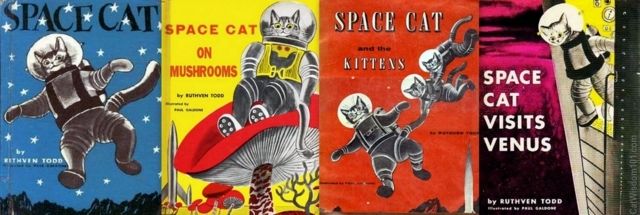I'll take a stab at the science fiction (hereafter SF) and character writing (here after, character writing).
Character writing ignores genre, because characters should really be apart of most fictional work, to one degree or another.
SF can be distinct in that it focuses on a change due to some sort of scientific change, or cultural change, or something that shift the way the world works. Often, it is through technology, sometimes a sociological change, or even a what-if? type scenario.
Characters are often important to SF because there is often a need to have a human element in order for the audience to connect with this new world.
A quick for instance is Luke Skywalker in Star Wars. Mark Hamil told a story that he felt like his character was not that interesting, and kind of just an average joe. Reportedly, Sir Alec Guiness told him t hat his character was the point, in order to introduce the audience to this other world.
SF can take many different aspects in terms of focus, such as technology or alien cultures. The characters can sometimes take a back seat to the technology, depending on the style an the author.
Hope that helps.
Character writing ignores genre, because characters should really be apart of most fictional work, to one degree or another.
SF can be distinct in that it focuses on a change due to some sort of scientific change, or cultural change, or something that shift the way the world works. Often, it is through technology, sometimes a sociological change, or even a what-if? type scenario.
Characters are often important to SF because there is often a need to have a human element in order for the audience to connect with this new world.
A quick for instance is Luke Skywalker in Star Wars. Mark Hamil told a story that he felt like his character was not that interesting, and kind of just an average joe. Reportedly, Sir Alec Guiness told him t hat his character was the point, in order to introduce the audience to this other world.
SF can take many different aspects in terms of focus, such as technology or alien cultures. The characters can sometimes take a back seat to the technology, depending on the style an the author.
Hope that helps.


